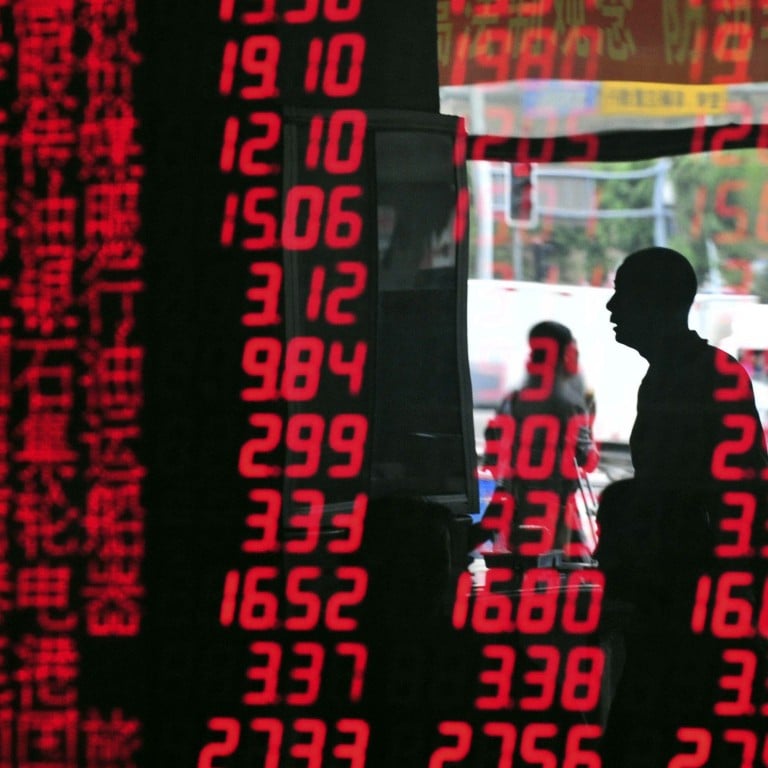
Hong Kong stocks halt Year of Dragon rally on China policy rate decision, Hang Seng Index letdown
- Stocks halted a three-day Year of the Dragon winning run after China on Sunday kept its policy rate unchanged for a sixth month
- Index compiler last week kept its benchmark Hang Seng membership unchanged at 82; index hopefuls Kuaishou, Xpeng, Swire Properties tumbled
The Hang Seng Index slipped 1.1 per cent to 16,155.61 at the closing of Monday trading, ending a three-day 3.8 per cent rally at the start of the Year of the Dragon last week. The Tech Index lost 2.7 per cent, and the Shanghai Composite Index jumped 1.6 per cent after a week-long Lunar New Year holiday.
Tencent declined 2.4 per cent to HK$284.80, Alibaba Group weakened 2.1 per cent to HK$71.50 while e-commerce peer JD.com retreated 4.1 per cent to HK$91.85. Sportswear maker Li Ning slumped 8.6 per cent to HK$19.42 and developer Longfor lost 5.1 per cent to HK$8.90.
The People’s Bank of China left the rate on the medium-term lending facility at 2.5 per cent on Sunday, unchanged for a sixth straight month in a decision seen as protecting the currency downside. The yuan has weakened to 7.210 per US dollar in offshore trading from 7.187 three weeks ago.
“Authorities believe poor sentiment, rather than weak economic fundamentals, is behind the drop in share prices,” analysts at BCA Research said in a report. “Thus, they will resort to regulatory measures rather than provide large stimulus to the economy. The weak economic backdrop implies that any intervention-driven rally in Chinese stocks is likely to be short-lived.”
Hang Seng Index compiler leaves blue chip benchmark unchanged in latest review
Meanwhile, stocks listed on mainland bourses jumped as the local financial markets resumed trading, catching up with robust gains in global markets last week.
The CSI 300 Index, which tracks the biggest stocks listed in Shanghai and Shenzhen, added 1.2 per cent on Monday. The benchmark in Hong Kong surged 3.8 per cent last week, and Japan’s Nikkei 225 rose 4.3 per cent, while the S&P 500 in New York touched a record high.
Elsewhere, Kuaishou, Swire Properties, Xpeng and JD Logistics declined by 0.9 per cent to 3.9 per cent. The stocks rallied last week on speculation they could be added in the benchmark Hang Seng Index during the quarterly review. The index compiler decided to leave the membership at 82 on Friday.
Other major Asian markets mostly traded higher. The Nikkei 225 in Japan was little changed while the Kospi Index in South Korea jumped 1.2 per cent and the S&P ASX 200 in Australia added 0.1 per cent.

